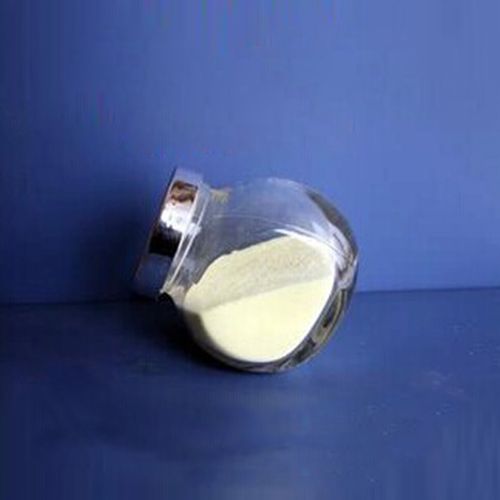 Ulinastatin, also known as urinary trypsin inhibitor, is a glycoprotein
derived from the human body, which is involved in the regulation of inflammatory
response in the blood. It is an innate immune-related substance, which can
inhibit the overactivation of white blood cells, protect the vascular
endothelium and basement membrane, and inhibit the increase of vascular
permeability. It is clinically used as a therapeutic drug for acute inflammatory
response.
Ulinastatin, also known as urinary trypsin inhibitor, is a glycoprotein
derived from the human body, which is involved in the regulation of inflammatory
response in the blood. It is an innate immune-related substance, which can
inhibit the overactivation of white blood cells, protect the vascular
endothelium and basement membrane, and inhibit the increase of vascular
permeability. It is clinically used as a therapeutic drug for acute inflammatory
response.
There are two Kunitz domains (marked in green and red, respectively) with
hydrolase inhibitory activity in ulinastatin molecule, and the two sugar chains
connected to the peptide chain are the sulfated chondroitin sugar chain and an
n-linked oligosaccharide. The gray color indicates the sulfated sugar.
Ulinastatin, also known as urinary trypsin inhibitor, is a glycoprotein
derived from the human body, which is involved in the regulation of inflammatory
response in the blood. It is an innate immune-related substance, which can
inhibit the overactivation of white blood cells, protect the vascular
endothelium and basement membrane, and inhibit the increase of vascular
permeability. It is clinically used as a therapeutic drug for acute inflammatory
response. The total amount of ulinastatin in the blood is very rich, mainly in
the form of the precursor, the inactive precursor has a large molecular weight,
has a weak affinity with proteolytic enzyme, and is not easy to be filtered from
the kidney to the urine, which is the way the body stores ulinastatin.
Ulinastatin in the free state has inhibitory activity against proteolytic
enzymes released in various inflammatory reactions, and it accounts for 2% ~ 10%
of the total content.